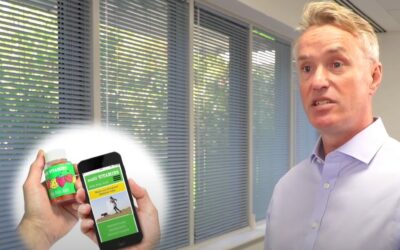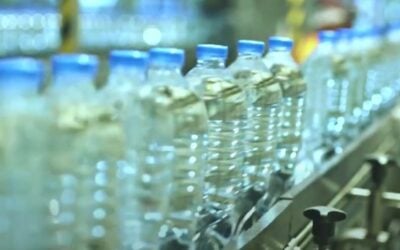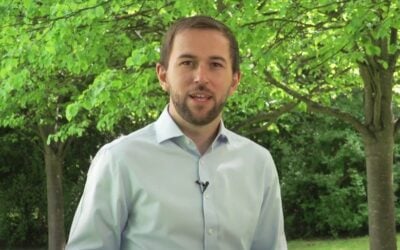Concern over the environmental impact of linear, ‘take-make-waste’ manufacturing models is ushering in an era of transformational change, and a shift towards a circular economy focused on better use of resources and materials.
Low-cost FlexICs underpin scalable circular solutions, bringing item-level intelligence, driving operational efficiency and inspiring new ways to reduce, reuse and recycle.
Reduce
Detecting deterioration
Pragmatic’s e-nose sensor system – the world’s first on flexible substrate – can detect odours that indicate deterioration in food, preventing loss and waste.
Teaching a computer to smell
Protecting perishable goods
Intelligent packaging could help tackle the 930 million tonnes of food that goes to waste each year.
How RFID reduces food waste
Reducing food waste
Pragmatic is part of the SecQuAL (Secure Quality Assured Logistics for Digital Food Ecosystems) project, which aims to digitally improve food safety and reduce waste across the food ecosystem
SecQuAL case study
Reuse
Smart reusable packaging
FlexICs enable smart reusable packaging at a fraction of the cost of traditional solutions, making reuse viable for low-cost items.
Traceable reusable packaging
Advancing circular economy
FlexICs support digital product passports, which are a key requirement of the EU’s Ecodesign for Sustainable Products Regulation.
Digital product passport
Promoting sustainability
Pragmatic is part of the Technology-enabled Reusable Assets for a Circular Economy (TRACE) project, testing smart packaging to increase sustainability.
TRACE project
Recycle
Promoting state-of-the-art recycling
Learn how Pragmatic is using funding from UK Government Sustainable Innovation Fund to turn waste into worth.
Creating a more sustainable future
Increasing the value of plastic waste
Read about Pragmatic’s contribution to SORT-IT, an Innovate UK, Manufacturing Made Smarter project to increase the quality of plastic recyclate.
Increasing value of plastic waste
Saving plastic waste from landfill
Pragmatic supported Manchester University’s cross-sector consortium by improving recycling compliance and creating more usable recycled plastics.
Technology collaborations
Videos
Introduction to RFID
RFID has the potential to revolutionise authorisation and stock control in supply chains, but what exactly is it and how can this technology be leveraged to bring intelligence and interactivity to everyday objects? Alastair Hanlon, Chief Commercial Officer at Pragmatic explains.
Making reuse a reality
Pragmatic’s unique flexible integrated circuits can be leveraged to enable smart reusable packaging schemes at scale. Integrating digital IDs into mass market products opens up new capabilities, keeping valuable resources in circulation for as long as possible.
The next generation of sustainable flexible electronics
Pragmatic’s unique flexible integrated circuits can be leveraged to enable smart reusable packaging schemes at scale. Integrating digital IDs into mass market products opens up a series of new capabilities.
Find out more about circular economy solutions












